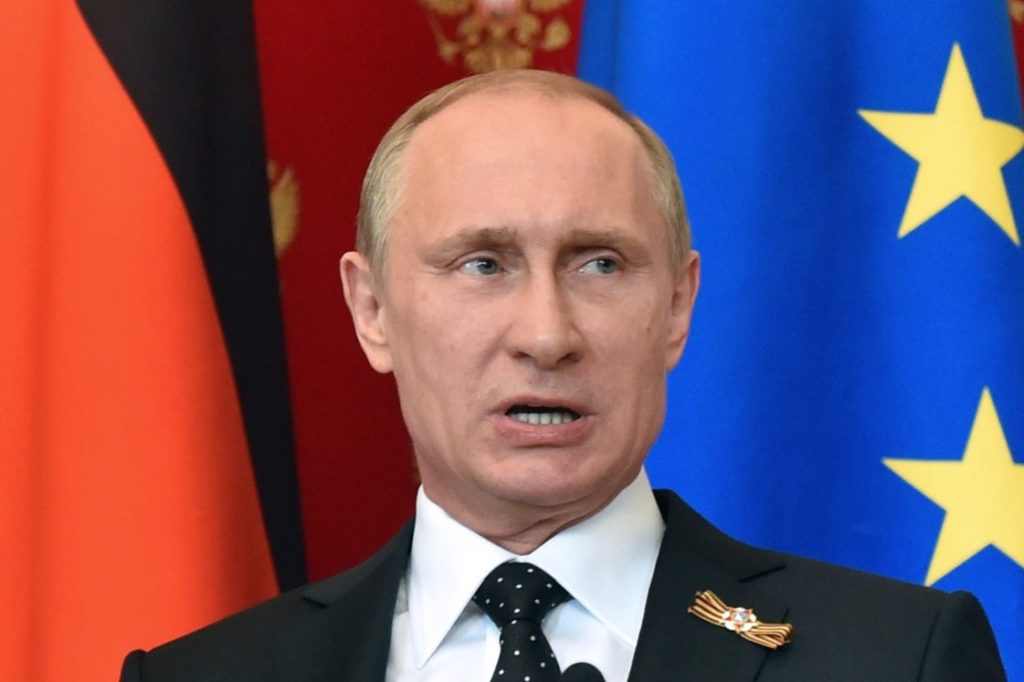As tensions rise over the downing of a Russian plane in Syria, a former Israeli ambassador warns that media coverage of the events are “filled with anti-Semitic elements.”
By: Ariel Kahana, Israel Hayom/JNS.org
The crisis between Israel and Russia resulting from a Russian military aircraft being shot down over Syria last week is “calculated and artificial, unrelated to reality or the facts, because the Russians want payment,” former Israeli Ambassador to Russia Zvi Magen told Israel Hayom in an interview.
Now a senior researcher at the Institute for National Security Studies, Magen underscored that “it doesn’t matter what Israel does. From the moment the other side wants a crisis, there’s no way of preventing one. The media blamed Israel on the day of crisis in a well-timed orchestrated manner, filled with anti-Semitic elements. This wasn’t random.”
According to Magen’s analysis, the Russian defense establishment never changed its stance, even after Israeli Air Force Commander Maj. Gen. Amikam Norkin visited Moscow to present Israel’s findings on the incident.
The Russian plane was shot down by Syrian anti-aircraft missiles trying to repel an Israeli strike in Latakia.
The Russians claimed on Sunday that Israel failed to give them enough advance warning and “misinformed” the Russian command about the exact location of the strike. The Russian Defense Ministry blamed Israel “entirely” for the downing of the plane, which killed all 15 crew members.
However, the findings presented by Norkin suggested that Israel had given Russia plenty of advance warning and had acted entirely in line with the “deconfliction” agreements between Israel and Russia.
“The same evening after those meetings concluded, they blamed Israel, just as they did the day the plane was shot down,” said Magen. “True, [Russian President Vladimir] Putin took a more moderate line, playing the role of the responsible adult. But until that moment, it was unclear whether that was really his position or not, or whether it was a coordinated gambit between him and Russian Defense Minister [Sergei] Shoigu, where one was playing good cop and the other the bad cop.”
Magen said there are two opposing voices in Russia when it comes to Iran.
“One sees it [Iran] as a threat, and is somehow pleased that Israel did the work for Russia in dealing with Iran in Syria. The Russian defense establishment, on the other hand, as usual, sees the Iranians as a kind of ally against the U.S. and the West. So it doesn’t like Israel’s actions against Iran in Syria.
“In addition, three years after entering Syria, Russia wants to finish things and leave. As far as that goes, Israel’s activity, which is destabilizing to Syria, is a hindrance,” he said.
Magen believes that the crisis with Russia over the downed plane was artificially constructed and designed to help Russia achieve gains.
“The Russians only have 16 planes in Syria, which is very few, and they know that Israel can cause serious damage and means what it says. They don’t want another clash,” he said.


